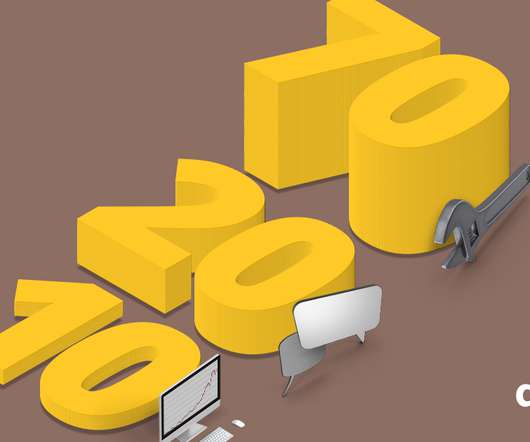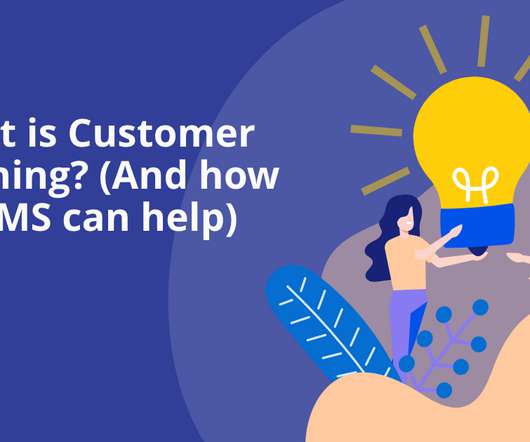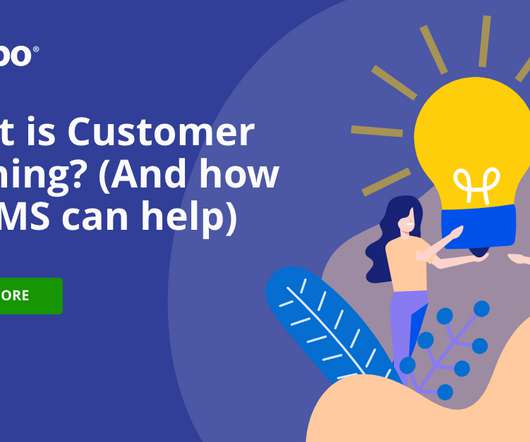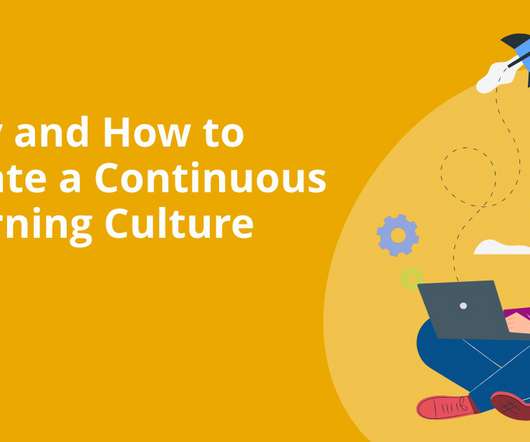5 Ways Informal Learning Gets Learners Engaged and Excited
Docebo
JANUARY 3, 2019
Informal learning encourages learning in the flow of work – here are 5 ways to help you make it happen. In fact, those formal learning situations are becoming less of a fixture in L&D as awareness grows around the need to foster and encourage more informal learning opportunities. .

















































Let's personalize your content